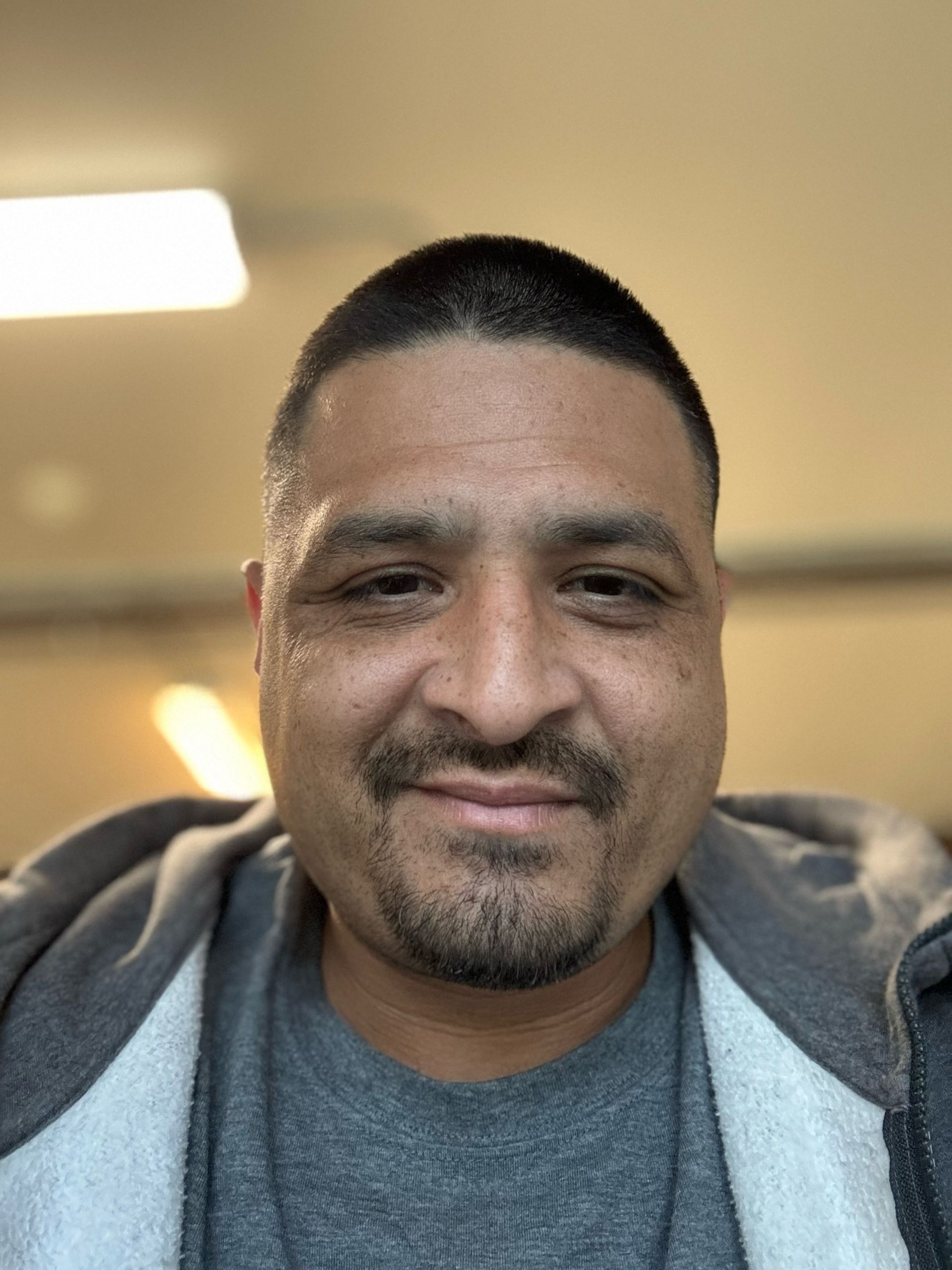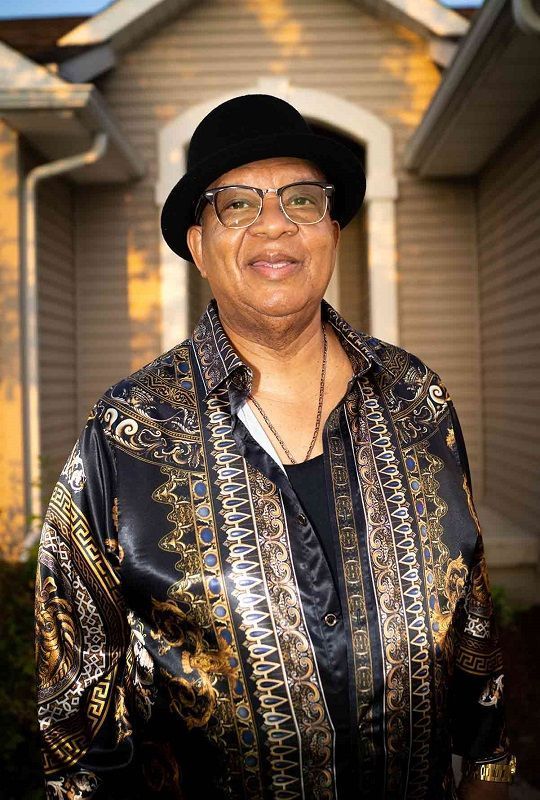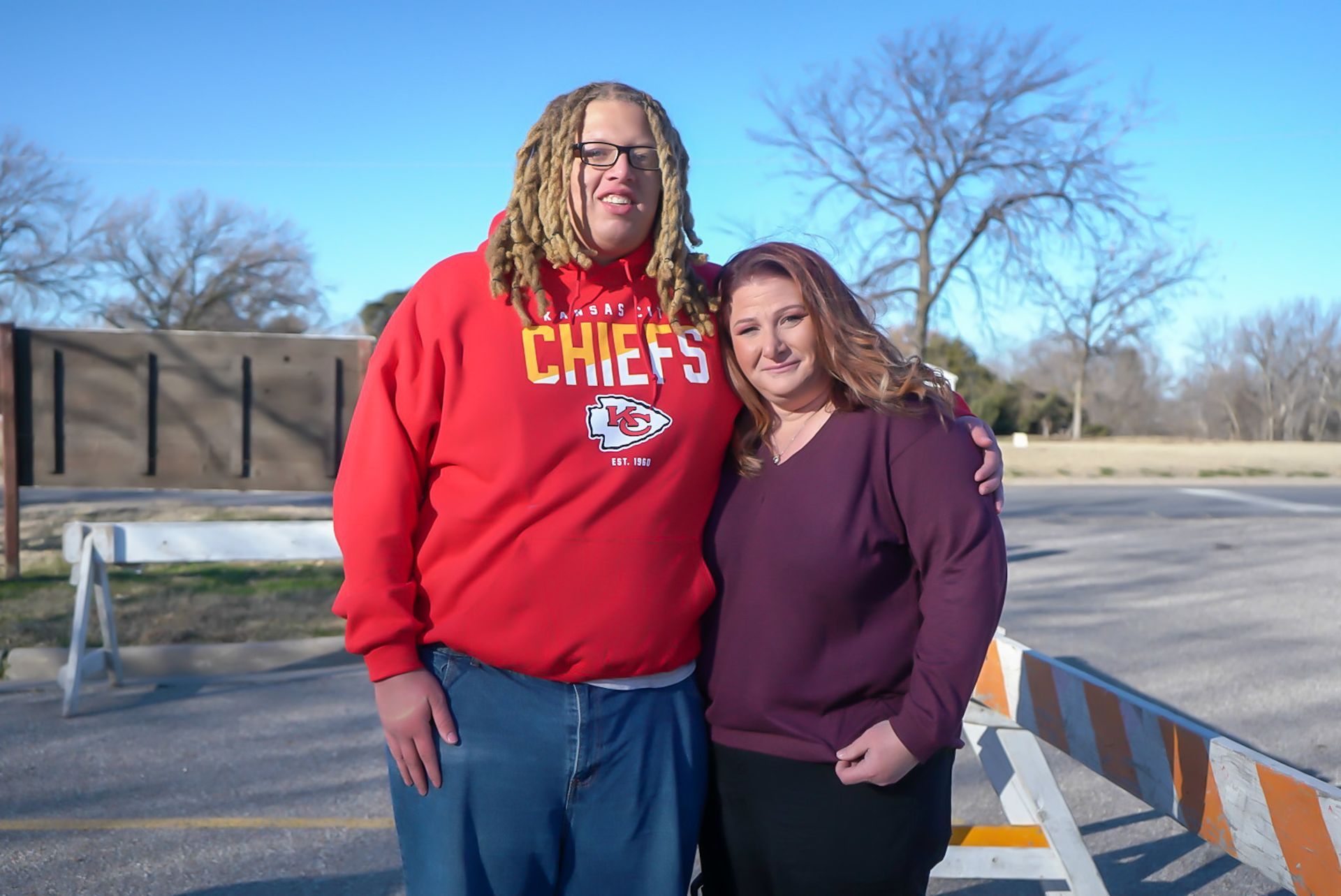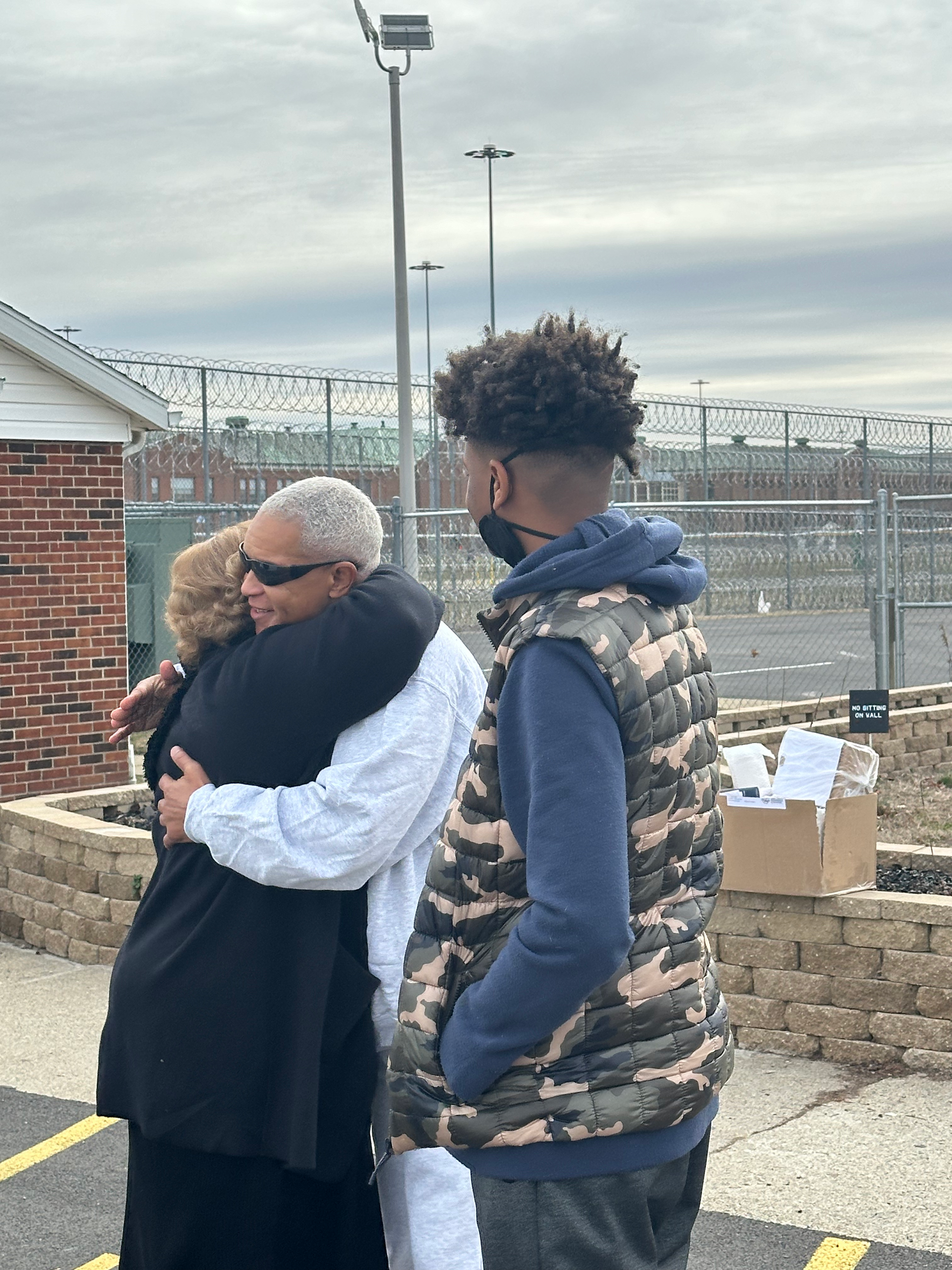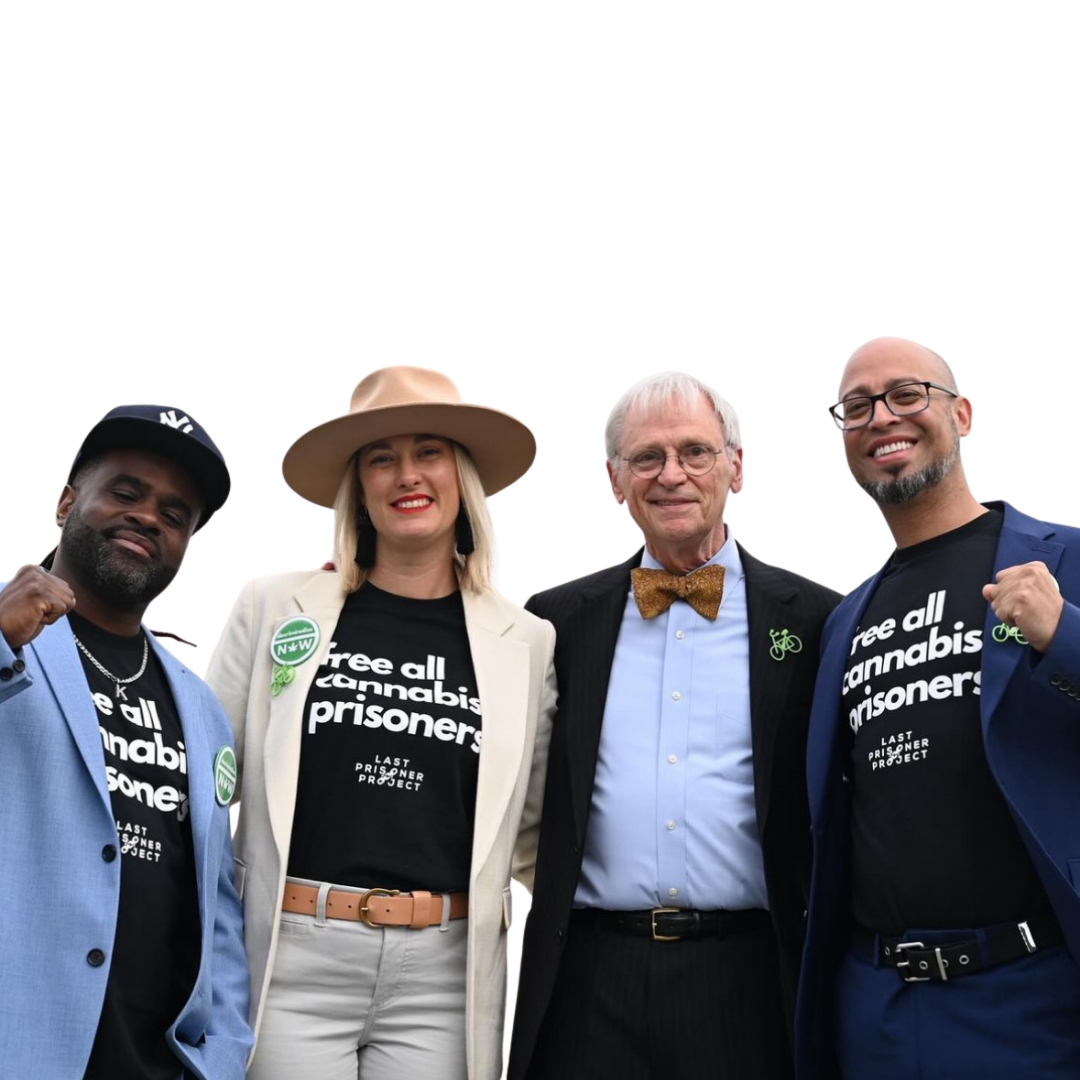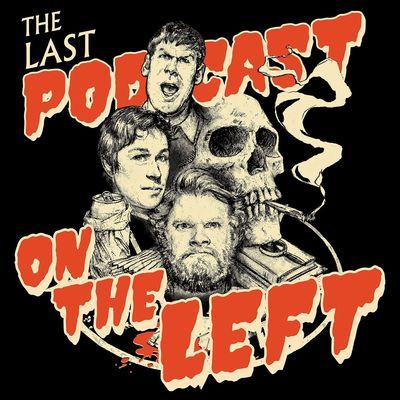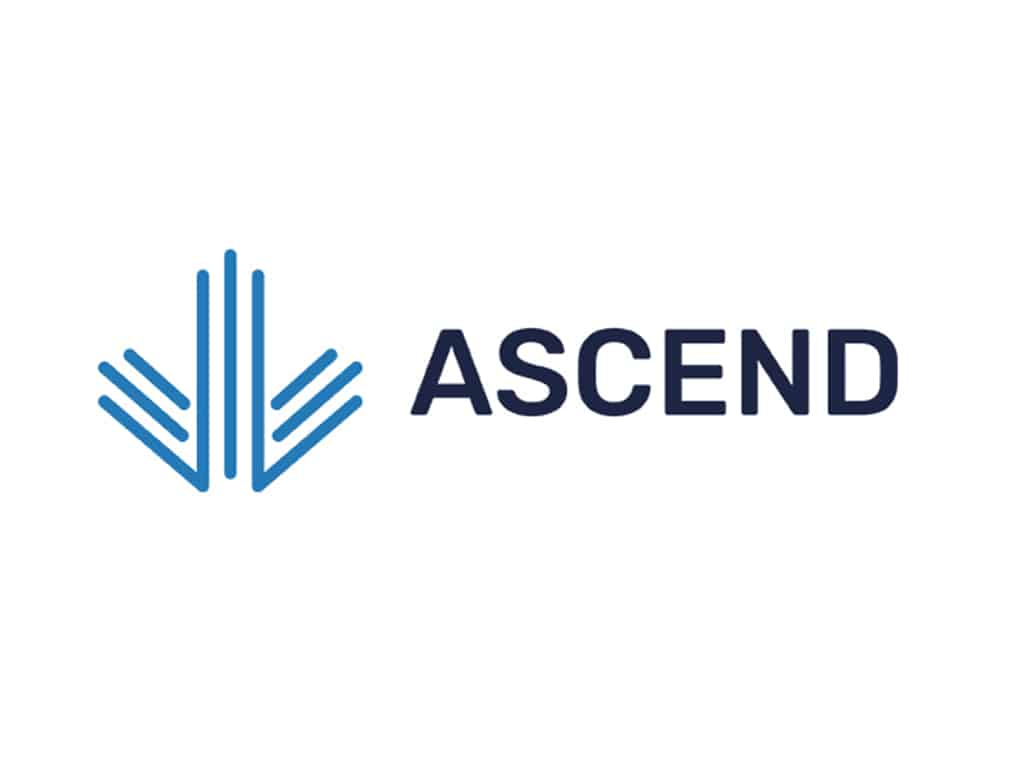FIGHTING CRIMINAL INJUSTICE AND REIMAGINING DRUG POLICY

OUR MISSION
Imagine sitting in a cell for years, decades, or even for life, convicted of an activity that is no longer a crime, while thousands of other people build intergenerational wealth doing exactly the same thing. That is the situation that tens of thousands of drug war prisoners face today in the United States alone, while countless others languish in jails and prisons worldwide.
We work to repair these harms through legal intervention, constituent support, direct advocacy, and policy change.
PORTRAITS OF FREEDOM
Learn more about the constituents that Last Prisoner Project has helped to bring home.
SUPPORT OUR WORK
We’ve saved over 400 years of unjust prison time, cleared more than 250,000 cannabis offenses, and put $3.8 million directly into the hands of those impacted by criminalization. But our work is far from over.
Your support powers the fight to end unjust incarceration, restore dignity, and rebuild lives. Consider becoming a recurring donor and join our fight every day!


